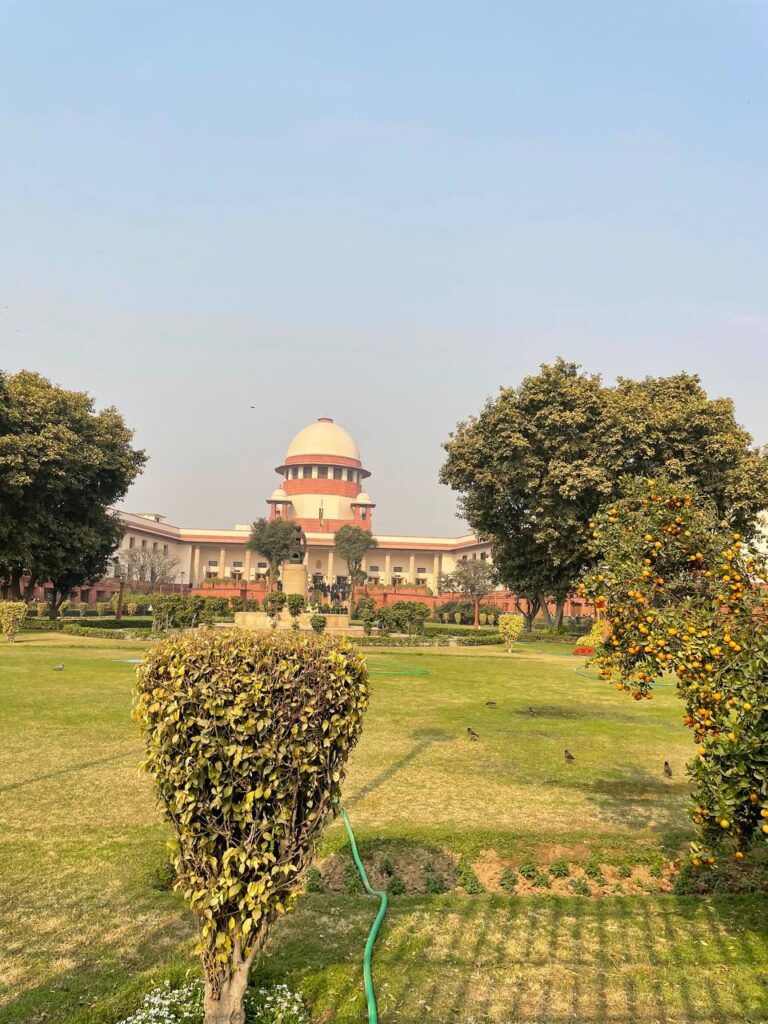New Delhi, Nov 23.
In the backdrop of petitions filed by several state governments questioning the manner of functioning of state Governors, the Supreme Court has said that state Governors cannot sit on bills indefinitely effectively stalling them, and also do not have the option of challenging the house business on the ground that any session was not valid.
The states of Kerala, Punjab, Telangana, Kerala and Tamil Nadu have moved the apex court in recent months challenging the decision of their respective Governors in failing to take any action on the bills sent to them for their assent.
The top court has earlier spoken out in the Tamil Nadu case against the manner in which the state Governor had failed to act on certain bills.
In a ruling uploaded today in the Punjab case, the top court said that a Governor is as “symbolic head” and cannot withhold action on bills passed by the state legislature. The court said that the Governor could assent to a bill, send it for reconsideration of the house or reserve it for consideration of the President. He has no other choice.
If he made certain recommendations, the House may or may not accept it and if the House passes such a law a second time after reconsideration he is bound to assent to the bill. “The role ascribed to the Governor… is recommendatory in nature and does not bind the legislature.”
The Constitution mandates the Governor to act as soon as possible when he wants to send back a bill for reconsideration. “The Governor cannot be at liberty to keep the Bill pending indefinitely without any action whatsoever.”
The Governor, as an unelected head of the state, is entrusted with certain constitutional powers, the court noted. However, this power cannot be used to thwart the normal course of law-making by the state legislatures.
Otherwise, the Governor would be a position to virtually veto the functioning of the legislative domain by simply declaring that assent is withheld without any further recourse. “Such a course would be contrary to fundamental principles of a constitutional democracy based on parliamentary pattern of governance.”
The top court refused to accept the Punjab Governor’s defence of inaction on certain bills because doubts were cast over the session’s validity. “Any attempt to cast on the session of the legislature would be replete with grave perils to democracy.”
The Speaker was the guardian of the house and was well within his jurisdiction in adjourning the house sine die. “Casting doubt on the validity of the session of the House is not a constitutional option open to the Governor.”
The court went on to state that the Governor must now proceed to take a decision on the bills which were taken in the session in question. Incidentally, the state is ruled by the Aam Admi Party (AAP).
The bench which delivered the judgement on Nov 10, 2023, was led by Chief Justice of India D.Y. Chandrachud. He was sitting alongside Justices J.B. Pardiwala and Manoj Mishra.

